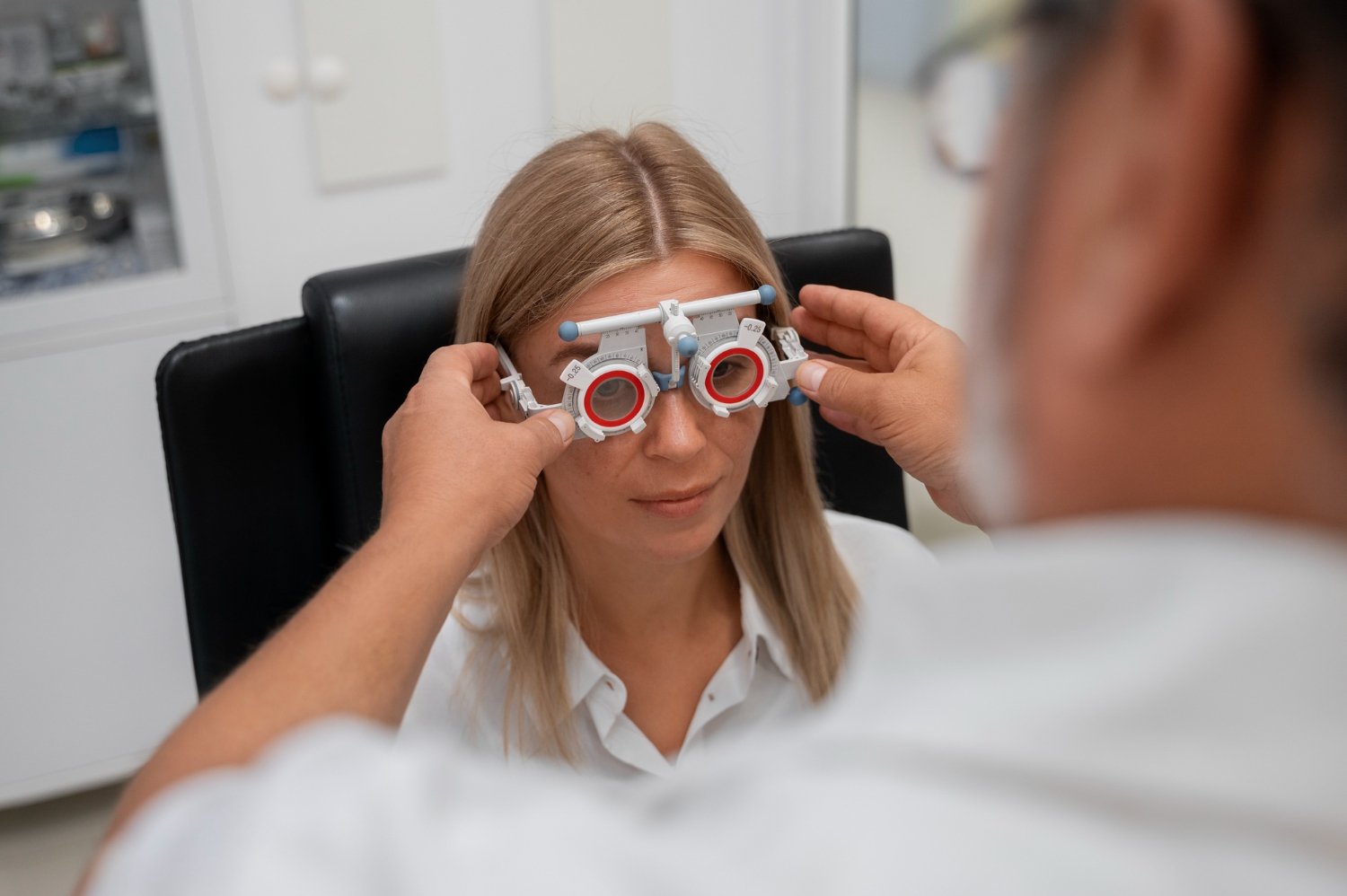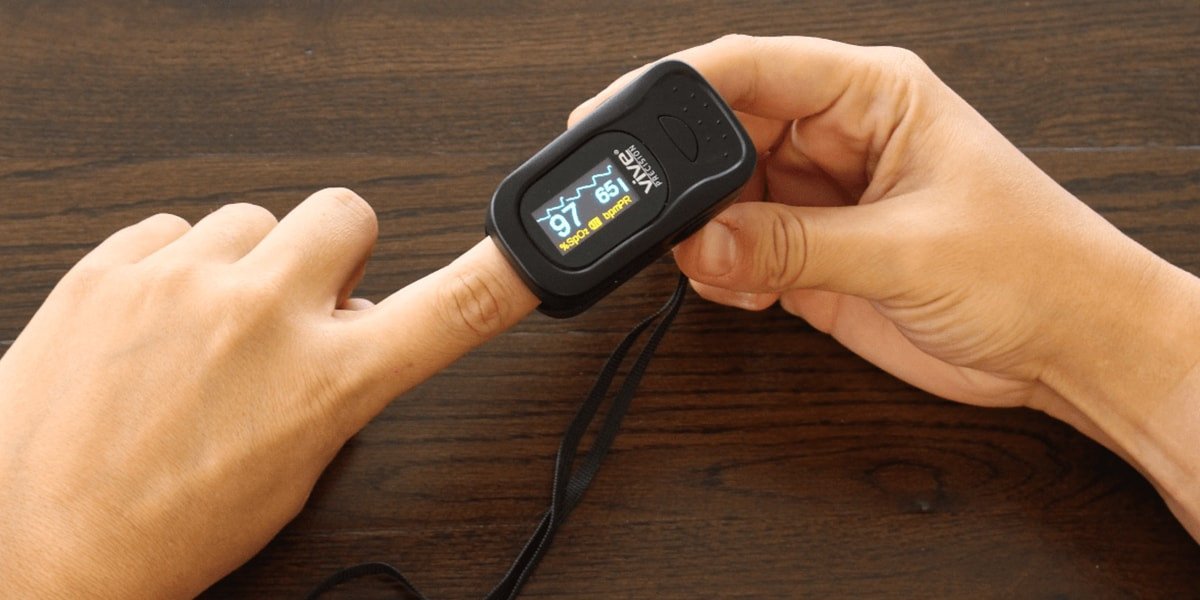Are you tired of relying on glasses or contact lenses to see clearly? Optometry significantly influences vision correction, offering indispensable solutions for optimal eyesight. Let’s delve into the essential details:
Understanding Vision Correction
Vision correction encompasses diverse methods aimed at enhancing or restoring vision. It tackles prevalent issues like nearsightedness, farsightedness, astigmatism, and presbyopia. Optometrists, equipped with advanced technology, meticulously diagnose these conditions, tailoring personalized treatments for each patient.
Types Of Eye Doctors Involved In Vision Correction
Optometrists and ophthalmologists are at the forefront of vision correction, each bringing distinct expertise. Optometrists, like architects meticulously planning a blueprint, provide primary eye care services with precision and attention to detail. Through comprehensive exams resembling thorough inspections of a building’s foundation, they assess ocular health, diagnose vision issues, and prescribe tailored solutions like corrective lenses.
In contrast, ophthalmologists, the skilled artisans of the vision correction realm, wield surgical tools with finesse and expertise. Like artisans sculpting from marble, they perform intricate procedures to reshape the cornea and rectify refractive errors, ultimately crafting a clearer vision for their patients.
Together, these professionals form a dynamic duo, collaborating to address a spectrum of vision needs. Optometrists lay the groundwork, ensuring foundational eye health and providing non-invasive interventions. Meanwhile, ophthalmologists step in when structural adjustments are necessary, offering surgical solutions for those seeking permanent vision correction.
Much like a symphony conducted by a masterful maestro, the collaboration between optometrists and ophthalmologists orchestrates harmonious outcomes, restoring clarity and enhancing the visual landscape for individuals seeking to navigate life quickly and confidently.
Importance Of Regular Eye Exams
Routine eye examinations are fundamental for sustaining optimal eye health and detecting issues promptly. Optometrists recommend biennial checks or more frequent assessments for individuals with existing eye conditions or heightened susceptibility to eye diseases. These exams encompass vision evaluation, refractive error diagnosis, and overall eye health assessment, enabling timely interventions.
Common Vision Problems And Treatments
Vision impairments such as myopia, hyperopia, astigmatism, and presbyopia significantly impact daily life. Optometrists prescribe glasses or contact lenses tailored to correct these refractive errors, facilitating clearer vision and enhancing quality of life.
In addition to traditional solutions, there are both surgical and non-surgical options for vision correction:
Surgical Options: Surgical interventions such as LASIK and PRK reshape the cornea, effectively correcting refractive errors. Optometrists meticulously evaluate patients for surgical candidacy and provide comprehensive consultations regarding risks and benefits.
Non-Surgical Options: Alternative treatments like Ortho-K and ICL offer viable solutions for individuals unsuitable for surgery. These noninvasive methods provide effective vision correction and cater to diverse patient needs and preferences.
These varied approaches ensure that individuals can access personalized vision correction options, empowering them to achieve optimal visual acuity and improve their quality of life.
Choosing The Right Eye Doctor For Vision Correction
Selecting the right eye doctor is paramount for optimal vision correction. When choosing, consider crucial factors such as credentials, expertise, and specialization. Look for professionals with reputable qualifications and extensive experience in the field.
Establishing trust and comfort with your eye doctor is equally important. A strong rapport fosters open communication and encourages a collaborative approach to achieving a clear vision. Feeling confident in your doctor’s abilities allows for informed decision-making and ensures that your vision correction journey is guided with care and expertise.
Tips For Maintaining Good Eye Health
Proactive measures, in tandem with professional care, are crucial for sustaining optimal eye health. Adopting a balanced diet, replete with essential nutrients like vitamins A, C, and E, alongside omega-3 fatty acids, fortifies ocular health. These nutrients promote eye function and may mitigate the risk of age-related vision decline.
Furthermore, safeguarding eyes from harmful UV radiation remains paramount. UV exposure can accelerate ocular aging and increase the risk of cataracts and macular degeneration. Wearing sunglasses with UV protection and broad-brimmed hats outdoors shields eyes from harmful rays.
Practicing digital device etiquette is essential in the contemporary era, where prolonged screen time has become ubiquitous. Implementing the 20-20-20 rule—taking a 20-second break every 20 minutes to look at something 20 feet away—alleviates digital eye strain and prevents discomfort.
Maintaining contact lens hygiene is also imperative to prevent eye infections and complications. Proper cleaning and disinfection protocols, as recommended by optometrists, ensure the integrity of the ocular surface and promote comfortable lens wear.
By integrating these proactive measures into daily routines, individuals can mitigate the risk of developing eye ailments and preserve long-term visual acuity.
Conclusion: The Impact Of Optometry On Vision Correction
Optometry plays a significant role in vision correction, offering personalized solutions to enhance eyesight. Optometrists employ traditional methods and innovative technologies to empower individuals on their journey towards clearer vision and an improved quality of life.
Regular eye examinations are essential for maintaining optimal eye health and detecting potential issues early on. By prioritizing proactive eye care habits—such as wearing UV-protective eyewear and practicing good digital device etiquette, as advised by the eye care team of Carolina Urgent Care—individuals can safeguard their vision for years to come. With the guidance of optometrists, people can take proactive steps towards preserving their vision and enjoying a lifetime of clear sight.




